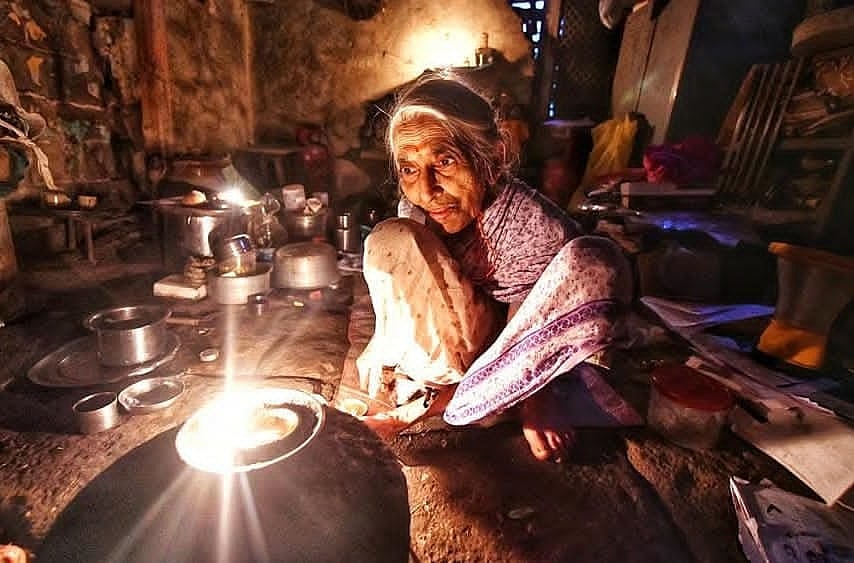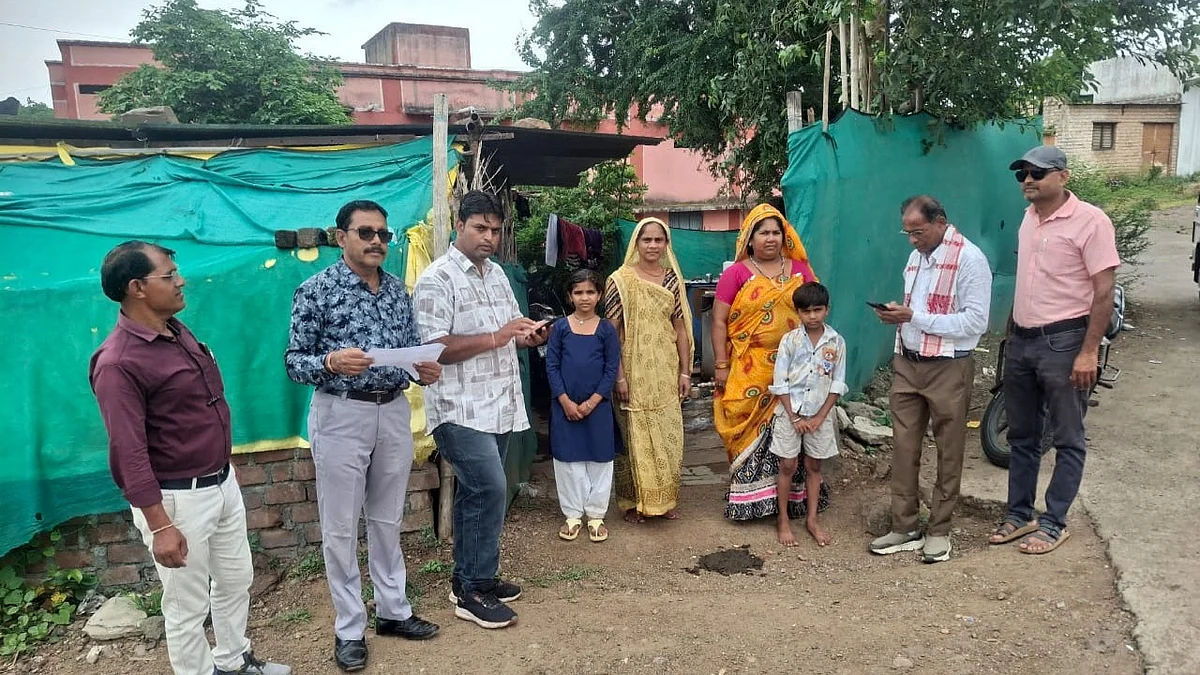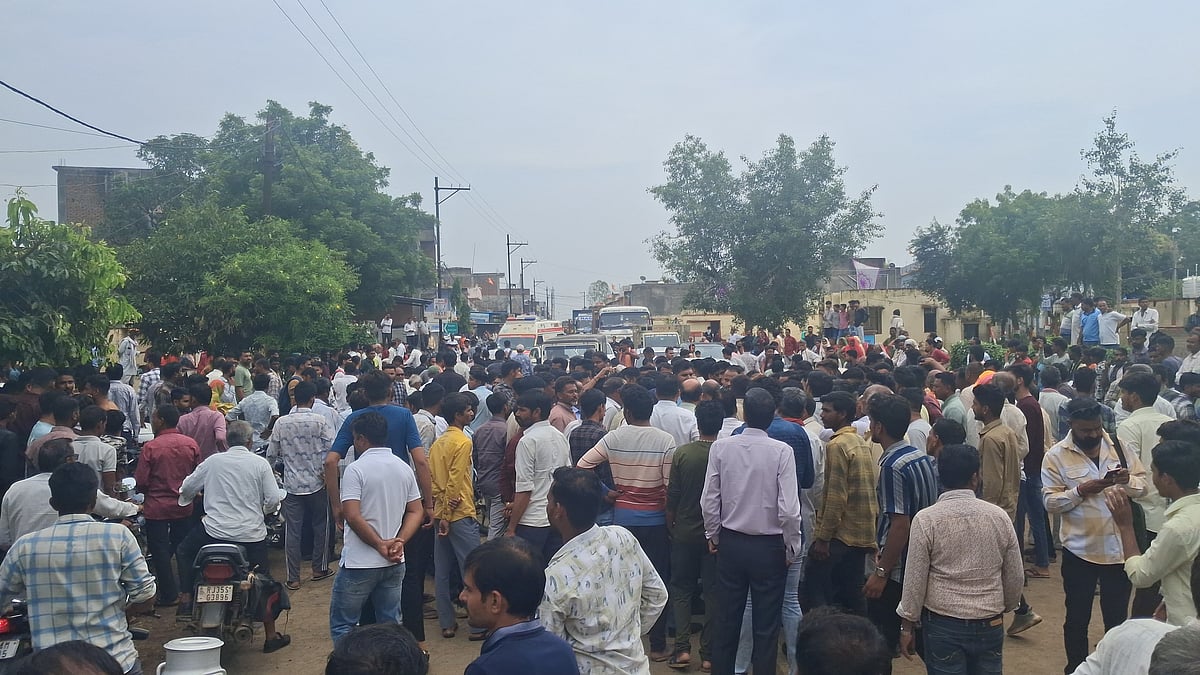Indore (Madhya Pradesh): They call him a healer. But to him, he is just a listener listening to the rustle of leaves, the whispers of roots and the stories that the wind carries through the forest. Meet Makhana Damore, who comes from the Bhil community in Jhabua, Madhya Pradesh. For generations, the tribals of this belt have looked to the forest not just for shelter and sustenance, but for healing.
Recently, Damore was invited to Government Holkar Science College in Indore, where he was honoured for preserving the ethnomedicinal knowledge of his ancestors. “As I stood there holding a certificate instead of a bundle of herbs, I felt pride but also a deep urgency. The forest is speaking, but fewer of us are listening now,” he told Free Press.
For six months, he worked with a team of scientists, forest officers and scholars—Prof Sanjay Vyas from Government Holkar College, PC Dubey (ex- principal chief conservator of forests) and Dr Shweta Hardia of Rau Govt College to document what still survives of their traditional medicine. They visited tribal elders across the districts of Mandla, Dindori, Balaghat, Seoni and Alirajpur, listening to stories Damore has heard since he was a child crouched by his grandfather’s side.
“Our knowledge doesn’t come from textbooks. It is passed from mouth to ear, hand to hand—from grandmother to granddaughter, from healer to disciple. We know that Abrus precatorius, or Ghughchi, can help with snakebites and pneumonia. We use Adhatoda vasica, called Adusa, for coughs and eye irritation. We make decoctions from Aegle marmelos (Bel) for diabetes and Butea monosperma (Cheula) to treat skin disorders and boost male strength,” he said.
“Each plant is more than a cure; it is a part of our rituals, our prayers and our way of life. In our communities—the Bhils, Baigas and Gonds—conservation is not a project. It is devotion. We do not cut sacred groves. We marry beneath certain trees. The forest is family,” he added.
“But today, our youth are leaving the forests for cities. The songs, chants and stories that once carried this wisdom are falling silent. I have seen herbs rot recognised and remedies lost because there was no one left to remember them,” he went on to add.
As Dubey, one of the collaborators, said, “The world is just waking up to sustainability. Our tribes have lived it for a thousand years. Yet now, what we know may disappear before the world fully understands its value.”
Damore does not just speak for himself, but for every elder whose hands still remember the feel of crushed leaves and whose lips still recite the names of healing plants.
“I urge our nation to recognise us—not just as tribal people, but as guardians of a priceless legacy. If preserved, this wisdom could be India’s green gold. If lost, it will be more than a tragedy—it will be a betrayal of our roots. I carry a forest of cures within me. Let us not let it fade into silence,” he said.











